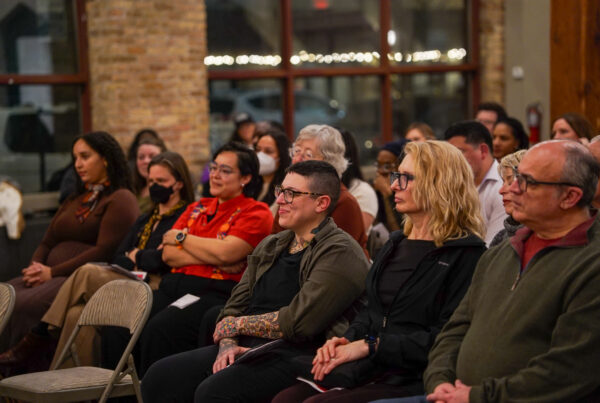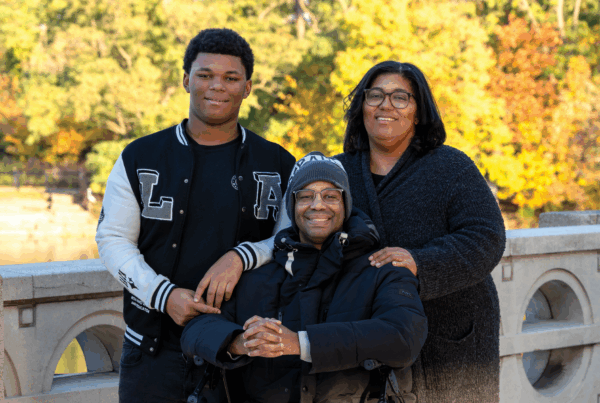Students have headed back to school — and students without housing have special rights to school enrollment, transportation and fee waivers.
Free legal aid is available from the Law Project at the Chicago Coalition for the Homeless for homeless students who face any difficulties enrolling in school or accessing needed school services.
Parents or students can call CCH’s toll-free helpline, at (800) 940-1119. Calls are handled 9 a.m. – 5 p.m. on weekdays.
Eligible students include those who are:
- sharing housing of others due to loss of housing, economic hardship or a similar reason
- living in a shelter or transitional housing program
- living in motels, hotels, trailer park or camping grounds due to lack of alternative adequate accommodations
- living on the street, in a car or somewhere that people don’t usually live, or in substandard housing
Youth who are living on their own, without a parent or guardian, have the same educational rights. They do not need an adult in order to enroll in school.
Students should not miss any school days due to delay or barriers to enrollment.
Schools must immediately enroll students living in homeless situations, even if they do not have all of the documents normally required, such as proof of residency, proof of immunizations or physicals, previous school records, or any other documents.
A change in housing does not have to mean a change in school.
Children and youth who lose their housing or change their temporary living situation have the right to continue attending the same school. This provides stability and continuity to students, helping them academically and socially. Schools must provide transportation assistance to allow children to continue attending the same school.
Many schools charge fees at the start of the school year and throughout the year for things such as textbooks, field trips, class supplies, and graduation costs. These fees must be waived for students in homeless situations and free school meals must be provided.
For more information, click here.
– Patricia Nix-Hodes, Director, The Law Project






